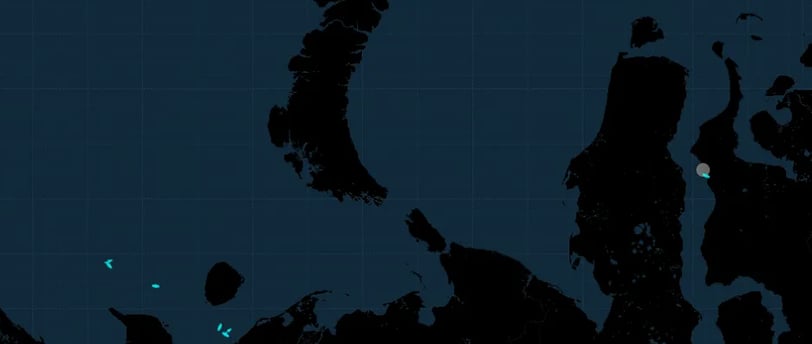Start Your Smart Investment Journey — Join UJI Investama.
Russia Pushes to Revive LNG Export Ambitions Amid Ongoing Sanctions Pressure
Russia is making renewed efforts to expand its liquefied natural gas (LNG) exports, despite facing significant hurdles from Western sanctions that have disrupted financing, technology access, and global partnerships. The Kremlin is doubling down on its strategic pivot to Asian and Middle Eastern markets, attempting to preserve its position as a major energy supplier in an increasingly fragmented global energy landscape. Following the fallout from sanctions tied to its actions in Ukraine, Russia’s major LNG projects—like Arctic LNG 2—have suffered delays and equipment shortages. International stakeholders, including major European and Japanese investors, have withdrawn, leaving state-owned energy firms scrambling to source critical components domestically or from non-Western allies such as China and India. Moscow now views LNG as a key pillar of its long-term economic resilience strategy. Officials have outlined plans to boost production capacity to 100 million tons per year by the early 2030s, nearly double current levels. To achieve this, Russia is shifting export routes away from Europe toward Asia, while courting new buyers with long-term contracts and discounted pricing. Still, challenges remain. Analysts warn that without Western technology and financing, Russia’s LNG ambitions could fall short. Logistical bottlenecks in Arctic regions, limited tanker availability, and geopolitical risks further complicate the outlook. Nevertheless, the Kremlin is betting on energy diplomacy and deepening ties with emerging economies to keep its LNG aspirations afloat—despite the global push to diversify away from Russian fuel.
MARKETS
6/29/20251 min read


Contact us for more news and information about UJI Fund.
